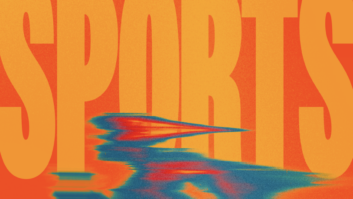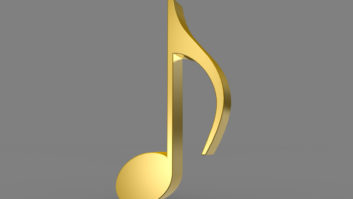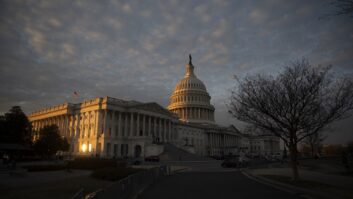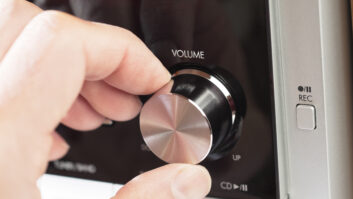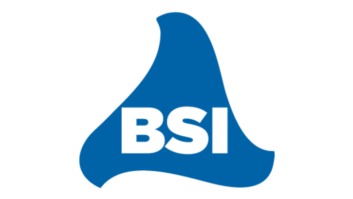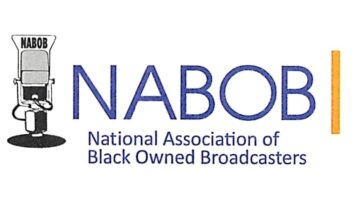 Changes to American copyright law as it relates to music licensing and sound recording are expected to have a significant impact on libraries and archives that preserve sound recordings.
Changes to American copyright law as it relates to music licensing and sound recording are expected to have a significant impact on libraries and archives that preserve sound recordings.
That’s the consensus of a new report published by the National Recording Preservation Board of the Library of Congress. Back in 2018, Congress passed some of the most significant legislative reforms to American copyright law in the last 20 years in the form of the Orrin G. Hatch-Bob Goodlatte Music Modernization Act. According to the Library of Congress, the act fundamentally reshapes music licensing and the legal status of sound recordings made before 1972 by bringing these recordings under federal copyright law for the first time.
[Read: Glimpsing History Through New Digitized Radio Programs]
The law addresses music modernization in three sections: the Musical Works Modernization Act, the Classics Protection and Access Act, and the Allocation for Music Producers Act. The Library of Congress report — called the Orrin Hatch-Bob Goodlatte Music Modernization Act: A Guide for Sound Recordings Collectors” — offers clarification on each section of the law it as it applies to curators of recordings and provides a summary of the legislation and its implementation. “It will serve to guide holders of recordings in their efforts to preserve sound recordings and make them accessible through digital streaming,” the Library of Congress said in a release on May 27.
One of the most significant changes implemented by the act is the fact that recordings made before 1972 will now be under federal protection for the first time. The law also creates rolling terms of protection that enable historical recordings to enter the public domain beginning in 2022.
In addition, the law establishes new responsibilities for libraries, archives, museums and individuals who hold sound recording collections. In addition to creating a public domain for sound recordings, the law created new rights and procedures for institutions to obtain a license to stream holdings and revised the process of licensing music performed on recordings, often known as underlying works.
The new law attempts to provide uniform procedures to license recordings for streaming, which vary depending on the age and type of the recording. The act also establishes new requirements and processes in terms of streaming audio through an interactive service where listeners select content (as opposed to the preset content found on over the air radio for example).
The report also offers a series of tools and resources including guidance for owners of sound recordings who offer digital streaming services of their collection, information for streamers of educational audio programming, and an explanation of how the law impacts sections of copyright law applicable to libraries and archives.
